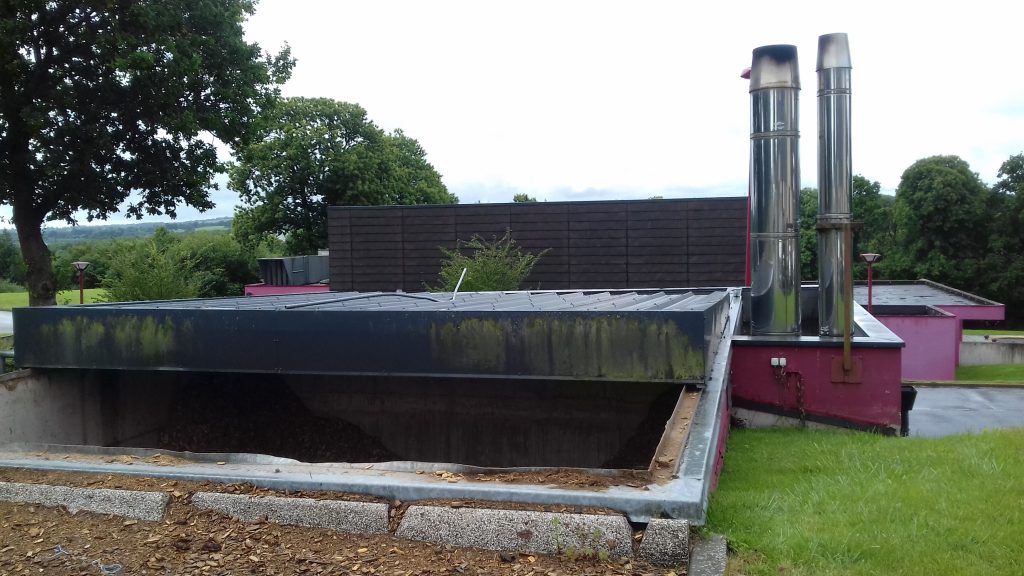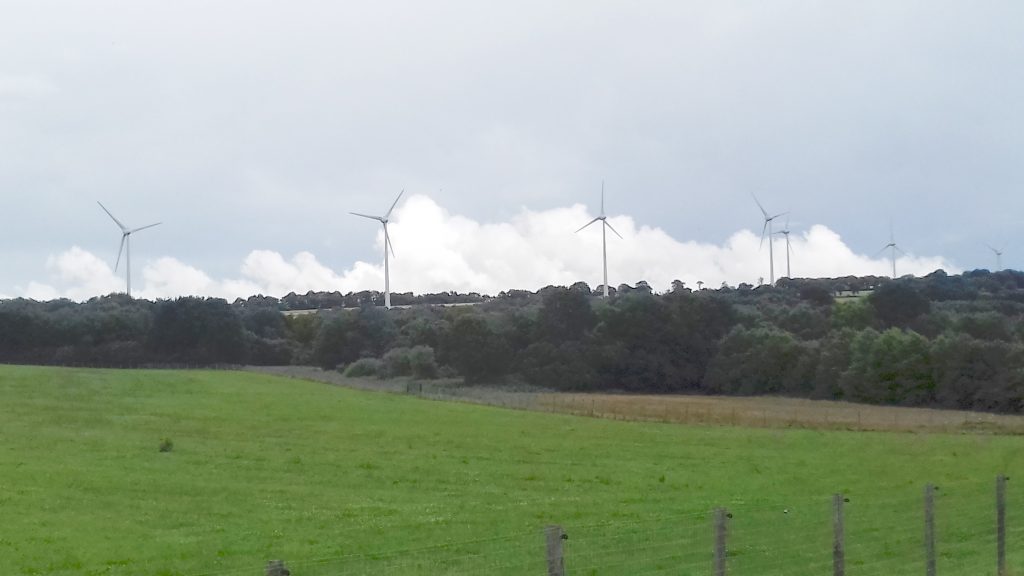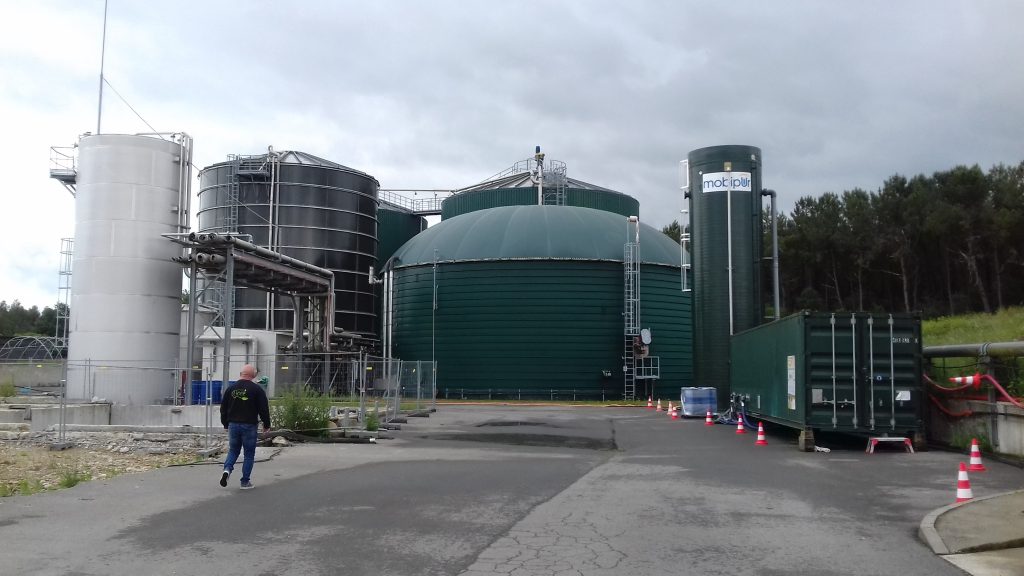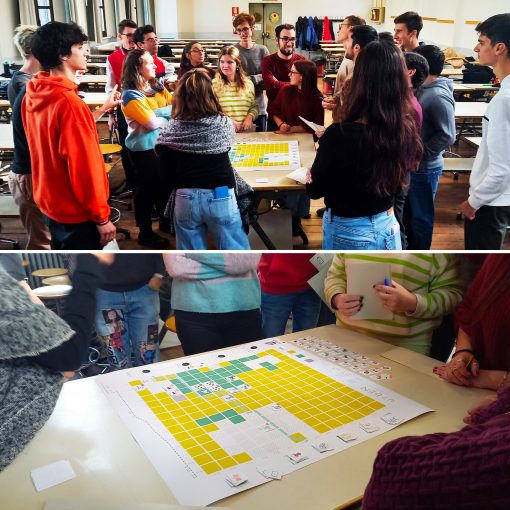This case study follows the implementation of projects in favour of local energy autonomy in Le Mené, which began as a bottom-up initiative and gradually transformed into a municipal self-sufficiency strategy.
Le Mené is a small municipality of 6500 inhabitants, which is located in the Côtes d’Armor department, halfway between Rennes and Saint-Brieuc, in France. The Mené energy autonomy project emerged from the impetus of a few inhabitants and local farmers in the mid-1990s. They developed projects, most of which were geared towards agriculture. The main goal was to reduce the use of increasingly expensive fossil fuels and to enable inhabitants and farmers to take greater advantage of local resources. In 2005, the communal council voted in favour of a local energy autonomy project in order to take on the management and governance of local natural resources, and to create new jobs that could not be relocated.
The first wave of projects was initiated around 2005 by farmers or inhabitants who were actively involved in the Mené Initiatives Rurales association. These projects were mostly carried out by private actors: a methanisation plant, a rapeseed oil mill, a wind turbine park and several heat networks. These were rather industrial projects aimed at energy production. In a second phase, from the 2010s onwards, the local authority itself undertook other more conventional actions (thermal retrofit of buildings, construction of positive energy buildings, etc.), aimed rather at reducing energy consumption. Finally, from 2018 onwards, the “Grand Défi du Mené” (The Great Challenge, inhabitant mobilisation campaign) broadened the scope of action from energy towards other sectors, such as food and waste, fostering their sustainability.







